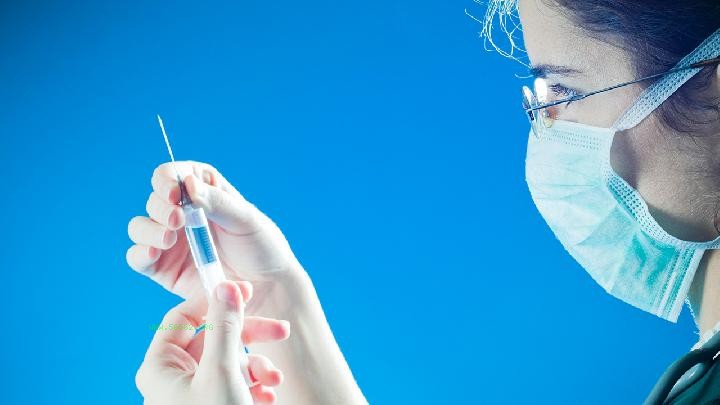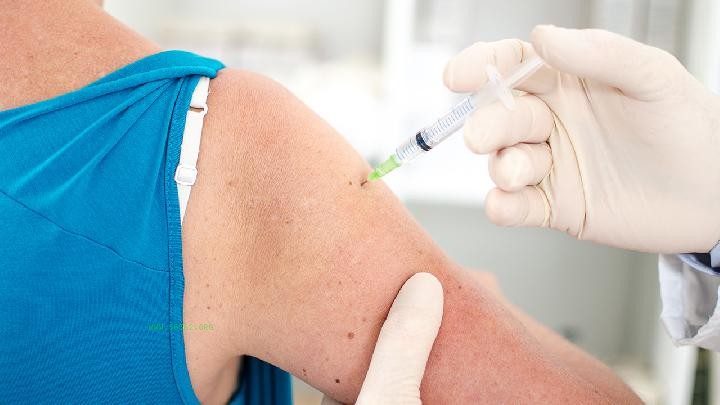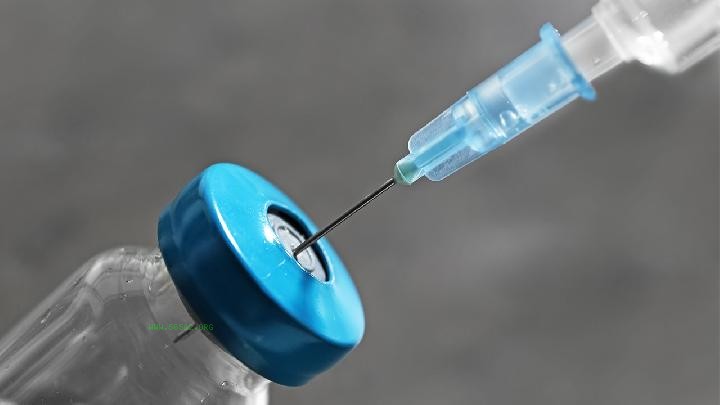What should be paid attention to when the COVID-19 vaccine enters the body

1. After the vaccination is completed, stay on the spot for 30 minutes. On the day of vaccination, keep the injection site dry and pay attention to personal hygiene, and arrange appropriate rest. On the day of vaccination, do not take a shower or engage in vigorous exercise.
3. Within one week after vaccination, avoid eating food that has not been eaten before, try not to drink alcohol, avoid spicy or stimulating foods, or seafood. It is recommended to have a light diet and drink plenty of water.
4. The recommended immunization procedure for novel coronavirus vaccine is 2 shots, with an interval of 2-4 weeks. Vaccination should be carried out according to the interval specified in the vaccine instructions. The interval between vaccinations cannot be advanced, as timely vaccination can be postponed. It is recommended to get vaccinated as soon as possible for early protection.
5. The general reaction can be recovered by itself without treatment. The results of the clinical research show that COVID-19 vaccine is similar to any other inactivated vaccine. General reactions include local and systemic reactions, with some individuals experiencing them around 12-24 hours after vaccination. The local reaction is characterized by redness, swelling, infiltration, mild swelling, and pain at the vaccination site; The systemic reactions include fever, mostly low-grade fever (below 38 ℃). Some people may experience headaches, fatigue, muscle aches, and overall discomfort while experiencing fever. Some individuals may also experience gastrointestinal reactions such as nausea, loss of appetite, abdominal pain, and diarrhea. The general reaction usually disappears on its own within 2-3 days and does not require special treatment. Just pay attention to taking appropriate rest, drinking plenty of hot water, keeping warm, and preventing secondary diseases during this period. For severe local and systemic reactions, symptomatic treatment can be directly sought at medical institutions.
6. How to report serious adverse reactions after COVID-19 vaccination? Answer: Based on past experience, serious adverse reactions after vaccination usually occur within 30 minutes of observation. Please inform the doctor at the vaccination site in a timely manner. There are professional medical personnel on site for disposal.

7. Don't you need to wear a mask after the COVID-19 vaccination? Answer: On the one hand, the success rate of vaccine immunization is not 100%, and there may be a small number of vaccinated individuals who may develop the disease during the epidemic. On the other hand, in the absence of an immune barrier, COVID-19 is still easy to spread. Therefore, after vaccination, it is still advisable to continue wearing masks for personal protection, especially in public places and crowded areas.

8. Is it possible to avoid nucleic acid testing after inoculation of COVID-19 vaccine? A: According to the regulations on the prevention and control of COVID-19, people who need nucleic acid testing need nucleic acid testing whether they are vaccinated with COVID-19 vaccine or not. Can antibody testing be performed after vaccination? A: At present, antibody detection reagents cannot be used for antibody detection after COVID-19 vaccination.






Comments (0)
Leave a Comment
No comments yet
Be the first to share your thoughts!